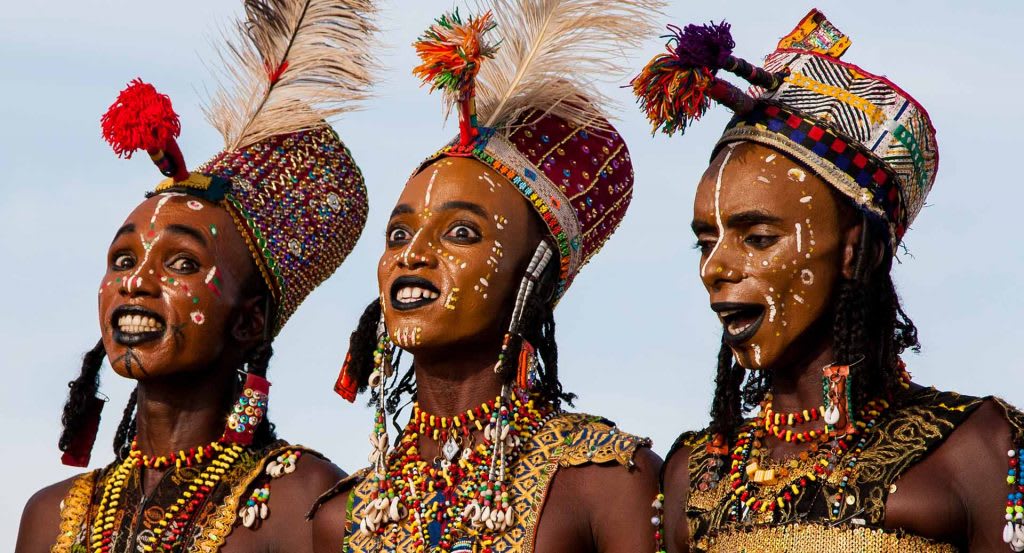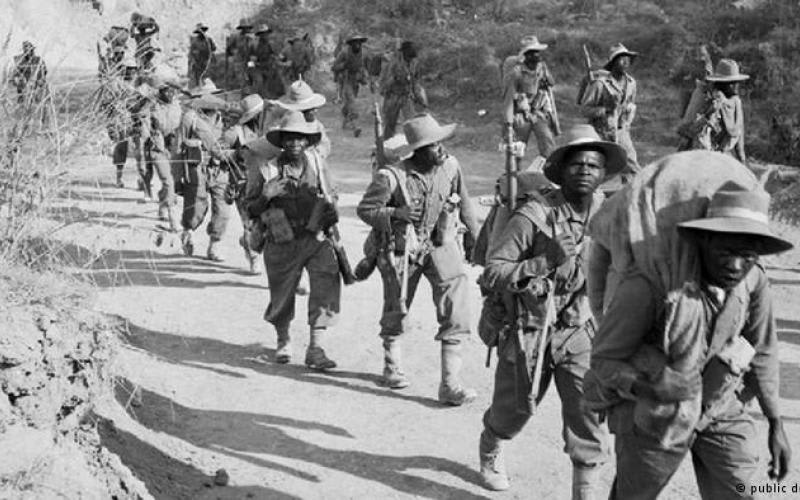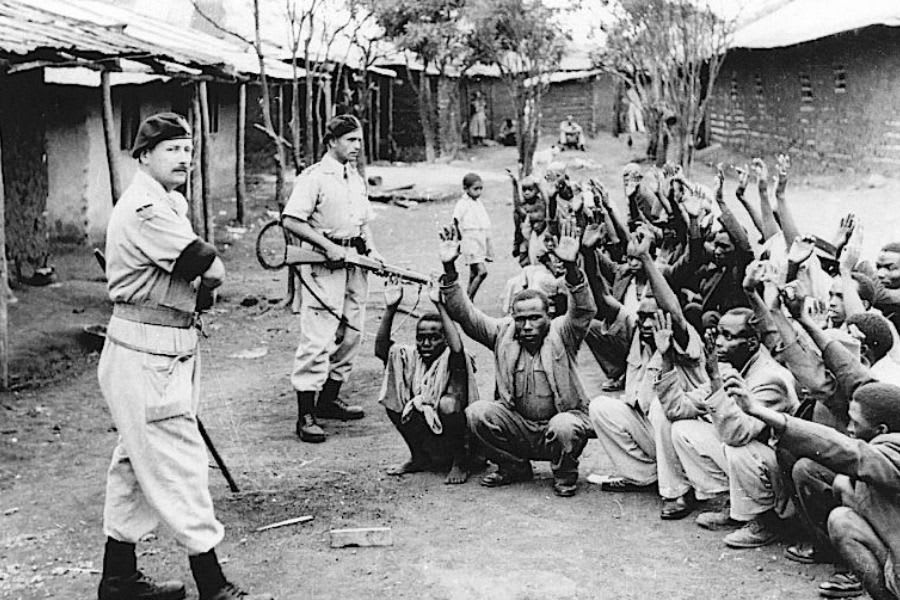When was the last time you heard an amazingly legendary tale of our ancestors; of their exploits, successes, beliefs, practices, and challenges? When was the last time you extensively drew from the rich fountain of African proverbs, cultural songs, folktales, beliefs and practices to explain something?
You can almost instantaneously agree that the times we actively get inspiration from the flowery storytelling of African ancestral heritage in our everyday lives are sparse.
Yet, this is not to say all is lost. Every civilization on the planet, since time immemorial, is embellished with a plethora of unique cultural ways of living, beliefs, and value systems that serve indispensable existential purposes for a particular group of people.
Such unique cultural ways, regardless of how they are documented for posterity, are fundamentally vital for a civilization to continue finding, defining, and redefining its sense of identity.
It is thus specious, unauthentic, and delusional for a particular group of people to discard and deride the patterns of existence lived by another group as backward, retrograde, uncivilized, and paganistic.
This has been the tragedy of African indigenous knowledge systems—our oral wisdom. The salience of oral tradition history in African culture continues to lose momentum; as it is relentlessly assailed by the contemporary prevailing wisdom of Eurocentric “modernity” and knowledge systems.
What is oral tradition? How important is oral wisdom for Africans?
Oral traditions signify some of those unique cultural gifts bestowed upon ancient indigenous civilizations not only in Africa but across the whole world. Oral traditions served a pivotal role in society: passing information orally about a people, in their entirety, from generation to generation.
Succinctly, oral tradition and expression encompass a variety of spoken forms employed by a particular people to convey cultural, social, economic, spiritual, and political values and collective memory not only for the present generations but most importantly for future generations. These spoken forms include proverbs, riddles, tales, nursery rhymes, legends, myths, chants, prayers, songs and poems, dramatic performances, epic histories, long speeches, and more. The indispensable importance of oral tradition is that it keeps cultures alive.
Oral traditions and expressions may be commonplace and can be used by entire communities across huge geographical areas, while others are confined to particular social, spiritual, or political groups, for instance, some oral traditions are confined to men or women only; or to the elders only.
The common thread across African communities is that performing oral tradition is a highly specialized occupation demanding extraordinary levels of intellectual prowess. And as such, performers of oral traditions and wisdom are highly revered and held in high regard in the community since they are the reservoirs and bulwarks of cultural collective memory.
The paucity of written records has often led to the outright dismissal of African history and culture, with philosophers such as Hegel from Germany, revelling in his sheer ignorance, completely disregarded the humanity of Africans.
The Elaborate Art of Storytelling in the Oral Traditions of Africa
The pernicious narrative proliferated by European colonizers, and which obdurately persists in the contemporary, is that Africa does not have any history of its own because of the dearth of written records. For Europeans, history is approached from this dichotomy: “prehistory” and the “history”.
Sylvia Tamale, in her book ‘Decolonization and Afro Feminism’, writes about how colonial intellectualism intentionally disparaged and destroyed Indigenous oral traditions as backward and uncivilized methods of collecting and storing history. So for Westerners, their knowledge systems use the advent of written records is used to separate human epochs into “prehistory” and “history”. And since Africa did not have written records, Europeans asserted that Africans were still stuck in the “prehistoric era”.
Yet we know this cannot stand. Africans were specialists as regards the intricate and magnificently beautiful art of storytelling. It is false for Europeans to say that the tragic encounter between the West and Africa (colonization) “placed Africa into the path of history”, as Tamale argues. Storytelling was a legitimate method of collecting and storing collective knowledge, and thus, Africa was already in the “path of history” long before Europeans arrived with their venomous “civilizing mission” in which Africa was violently and brutally forced into the Eurocentric world order.
For instance, in West Africa, some written records were in the form of Arabic. But most people could neither read nor write in Arabic. And therefore it took the special skills of immensely gifted and riveting storytellers to transmit African knowledge, history, and experiences. Being a storyteller specializing in oral traditions is of the utmost significance: oral traditions serve as the moral, cultural, and spiritual compass of a people guiding them and giving them a sense of purpose, identity, and belonging.
Therefore, “a storyteller’s tools are not just words, but gestures, singing, facial expressions, body movements, and acting” to make the stories memorable, worthwhile, and lively. Storytelling is an art that engenders the creative use of language and rhythm; and when audiences become too familiar with the stories, the sense of belonging is concretely cemented in the collective psyche of a people.
World Affairs Council of Houston illustrate the striking nature of oral storytellers with illuminating lucidity:
“Sometimes masks and costumes are used to enhance [the storyteller’s performance]. A storyteller performs epics that can be hours or even days long that relate to history and genealogy, battles and political uprisings of a community. They use riddles, proverbs, and myths to educate and entertain.
“Storytelling is an important shared event with people sitting together, listening and even participating in accounts of past deeds, beliefs, taboos, and myths. Gifted or well-known storytellers often repeat the story with the same words and same expressions in each performance as they travel. They also add new material to an old story to make it more interesting or meaningful to a different audience.”
The Need to Revive African Oral Traditions as the Means for Holistic Decolonization and Liberation
Oral storytelling plays an instrumental role in the lives of African peoples. It is an elaborate that ensured the survival and continuation of African cultures and civilizations.
For instance, in West Africa, the Griot (male) and the Griotte (female) were, and still are, highly respected storytellers and oral historians who serve(d) as the social memory/library/museum of the community; the holders of the word. They were, and still are, poets, musicians, advisors, teachers, witnesses, mediators, praise-singers, diplomats, spokespersons, peace-makers, and so much more.
In Southern Africa, for example among the Shona people, spirit mediums serve an important societal and cultural function as the reservoirs of oral traditions and wisdom.
In spiritual ceremonies such as the “bira” where the immortal Mbira instrument is played, tales of Murenga/Soko/Pfumojena—regarded as the greatest ancestor of the Shona people — and how he led the great migration from the north into present-day Zimbabwe are recounted in ancient traditional Shona songs such as “Nhemamusasa”, “Changamire Mudzimu Dzoka”, and “Mahororo”, among many other songs, being led by spirit mediums and Mbira players.
There are lots of examples as regards African oral traditions and expression that do not warrant detailing here for lack of space. And as such, the imperative task of our generation is to lead the efforts centred around reviving the centrality of Indigenous knowledge systems for Africans—and the source of indigenous knowledge is chiefly oral traditions and wisdom.
Reclaiming our indigenous oral traditions represents decolonial struggles in a world where Eurocentric epistemology takes centre-stage across all levels of education in Africa. This has resulted in a people feeling alienated, confused, and bewildered by the colonial myth of “modernity”—in essence, without reclaiming our oral traditions as a legitimate form of knowledge, we remain a people without an anchor; a people with no sense of purpose, belonging, and identity.
Conclusion—Africa’s Genuine Emancipation Demands A Return to Indigenous Knowledge Systems
Africa is perennially presented through the neocolonial lenses of Western media as a “backwater of failed states, trapped in a vortex of underdevelopment”, as Tamale writes. Yet this piece has shown how the intricate art of storytelling is a perfect example of how highly sophisticated Africans were; a people that rejoiced exuberantly in their successes, challenges, and the overall experience of life.
To counter the colonial myth that we are uncivilized (and thus inferior) because of the paucity of written records, we need to ensure that Indigenous knowledge systems are given primacy especially in education systems.
Some of Africa’s prevailing predicaments can be solved by tapping into our oral traditions. For in our oral traditions are found the “shared values of communal life and group solidarity, embedded in the philosophical concept of Ubuntu” as Tamale writes.
Discarding Eurocentric knowledge systems, while returning towards our own oral wisdom, will be a concrete step in the struggle for holistic decolonization and liberation.









